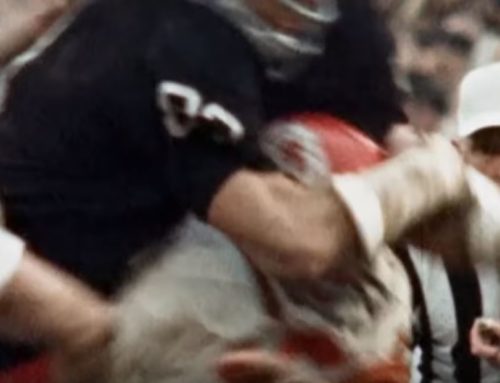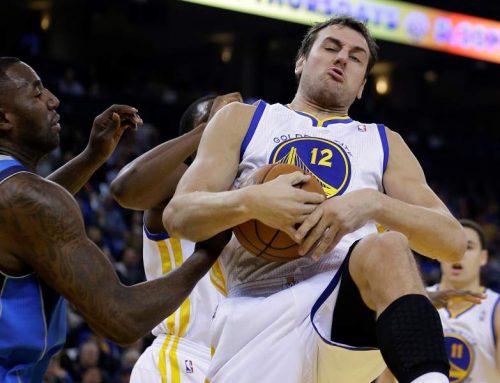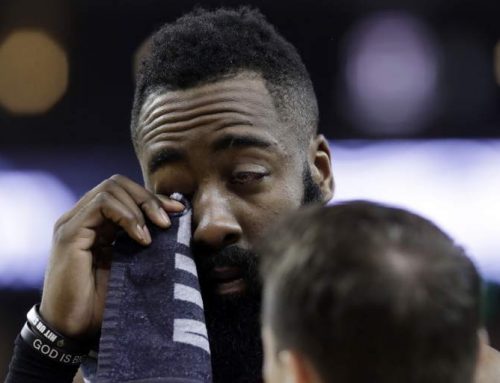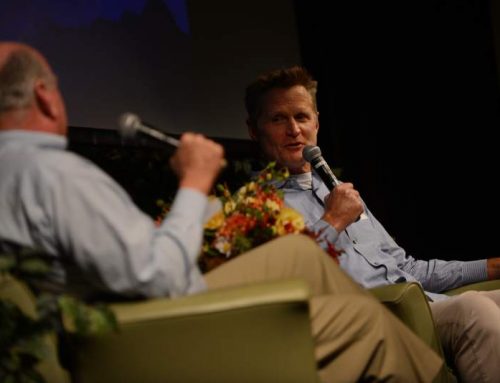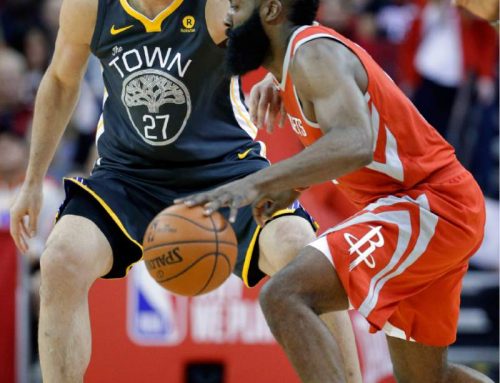Last week I helped get a kid disqualified from a major high school swim meet. It gave me a sickened feeling – similar to the one I felt a decade ago when I may have contributed to the end of a football player’s career.
First, the swimmer: Riley Scott is one of the best high school-aged swimmers in California. She won the girls 200-yard individual medley at the North Coast Section swim championships in Concord last weekend, and may have had a shot at winning the 100-breaststroke as well – she was seeded second in the event – except section officials disqualified her.
You can find some details here. The short version is that the coach who “checked in” Scott for her 100 breast preliminary was not certified to do so. And NCS commissioner Gil Lemmon told me it was my previous story on Scott that raised a red flag and led him to investigate the coach’s credentials.
Having re-examined my initial story, I don’t believe I did anything improper. At issue is this sentence: She will swim at the NCS meet wearing her Petaluma uniform, but (coach Liz) Seymour will not be there; instead, Scott will be assisted by her Marin Pirates coach, Warren Lager.
Considering that the article was, on a deeper level, about the growing tension between high school and club swimming, it seemed like a valid point. Little did I know it would trigger a brief investigation, followed by Scott’s disqualification in the 100 breast.
Scott’s decision to concentrate on club and international competition, and her bid to swim in her high school section championships nonetheless, has sparked quite a bit of debate online. I won’t weigh in. Consider me a neutral party. Which is why it made me a bit queasy to learn that my story had played a role in the outcome of a race. It’s the connection most reporters dread.
And in it’s way, it reminded me of a story I wrote 10 years earlier.
Ivan Douglas was a massive (like 6-foot-8, 305 pounds of massive) offensive lineman who won a national championship at Ohio State, but couldn’t latch onto an NFL team at least in part due to a history of blood clots in his chest. This was a serious issue that had affected Douglas’ stamina and sent him to the hospital. Were it not caught so early, the condition might have killed him.
With the problem seemingly behind him, though, Douglas was attempting a comeback with a team famous for offering second chances: the Raiders.
I sat with Douglas at Raiders headquarters in April of 2005 and discussed his medical history, his skills and his desire to return to football. Nice guy. The story was largely complimentary. Before I ran with it, though, I solicited a medical opinion from Dr. Julius Jaffe, a Santa Rosa-based hematologist.
Dr. Jaffe couldn’t comment specifically on Ivan Douglas’ condition, but had strong opinions about an athlete trying to return from multiple pulmonary embolisms. He suggested Douglas should be on anti-coagulants for the long term, but that would be impossible for someone in a job that carried a high risk of bleeding. Like playing football.
Dr. Jaffe left me, left my readers, with these words: “There are always stories about young athletes who die, and we don’t know why. Sometimes, these deaths are attributed to congenital heart disease or cardiac rhythm disturbance – or possibly a pulmonary embolism.”
It was heavy stuff.
A few days later, the Raiders cut Douglas. I wasn’t sure if the move was influenced by my story, or whether he simply wasn’t impressing the coaches after not playing for couple years. Douglas’ agent had no such doubts. He called and, as a former boss of mine would say, ripped me a new one, livid that I had undermined his client’s career.
The day Douglas was released, I attended a Raiders minicamp. As reporters gathered to head out to the field for limited interviews, some young guys, mostly rookies, were boarding a bus to the Oakland Hyatt, where the Raiders always housed rootless players during camps. Douglas was among the departing players. I had just heard the news of his release. He gave me a rueful look and shook his head before disappearing onto the bus.
I may have contributed to the end of this man’s livelihood. It’s also possible, I suppose, that I did Douglas a favor, forcing him to focus on health risks that were more important than football. It’s equally likely that my story was no factor at all in his release. I’ll probably never know. But the mere possibility was disturbing.
Every writer likes to think he/she influences opinion, maybe even shapes decision-making – indirectly. To be part of the story? It’s where none of us want to end up.


